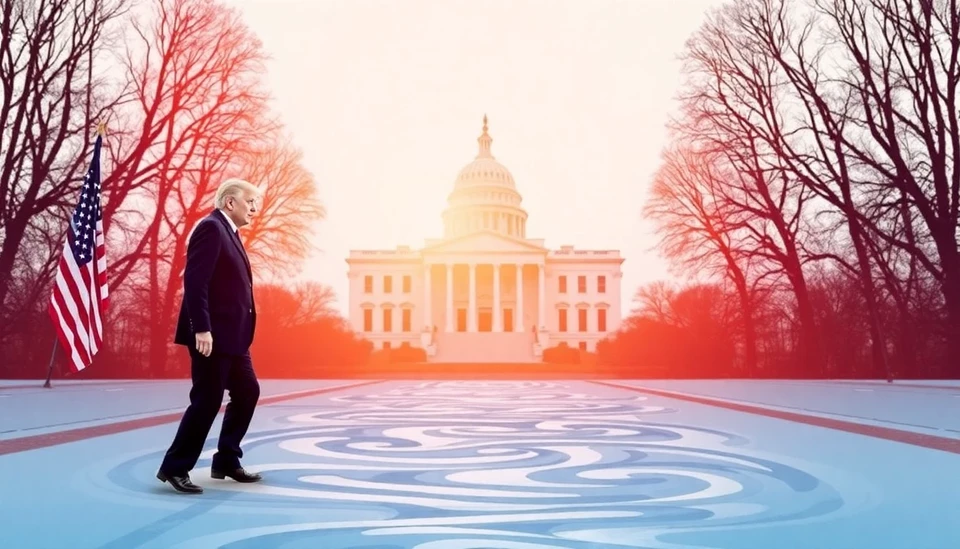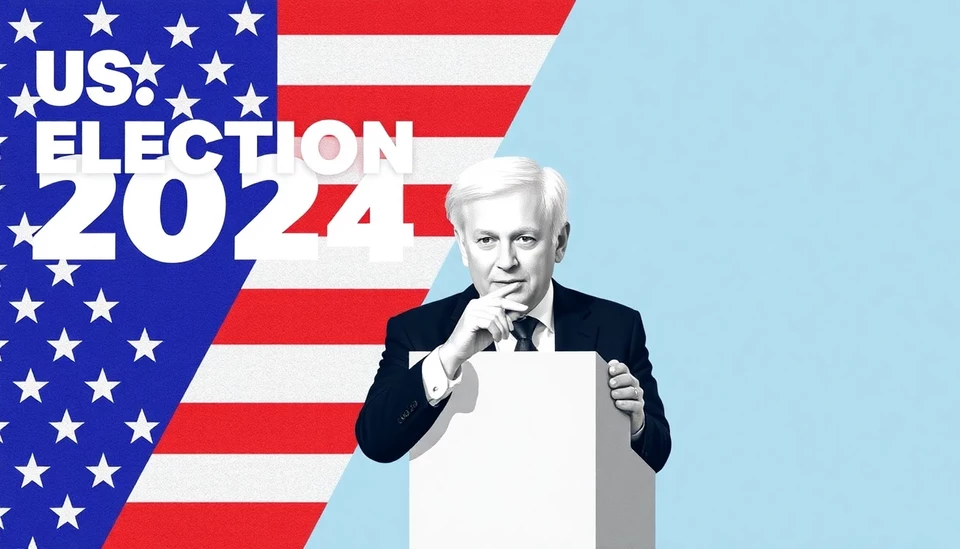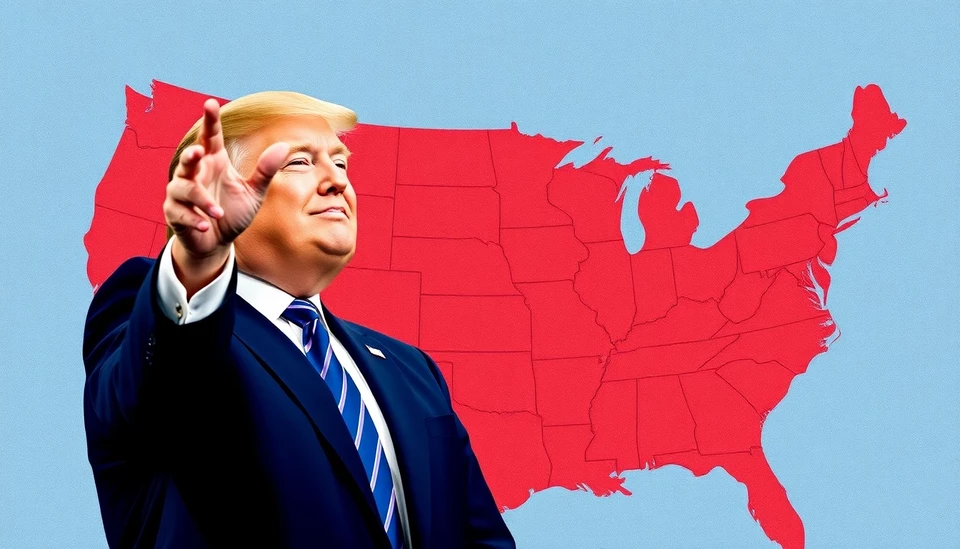
As the countdown to the 2024 U.S. Presidential Election heats up, the implications for the economy are becoming increasingly pronounced. With critical topics such as taxes and immigration on the line, the policies proposed by candidates could lead to far-reaching consequences that affect American families and businesses alike. Here’s a detailed examination of five significant economic impacts anticipated from the election outcomes.
1. Tax Policies and Their Shifting Landscapes
One of the most immediate aspects of any presidential election is the debate surrounding tax policies. Candidates often tout plans for either increased taxes on corporations and the wealthy or advocate for cuts to both stimulate growth and increase disposable income. Depending on who wins, the tax landscape could undergo a major transformation. Changes could impact everything from individual payroll taxes to corporate tax rates, affecting overall investment and spending in the economy.
2. Immigration: A Crucial Economic Driver
Immigration policy is another pivotal issue that has substantial economic implications. The next president's stance on immigration reform could determine not only the flow of new labor into the country but also influence a variety of industries that rely on immigrant workers. Whether it leads to increased workforce availability or restrictions could alter the job market dynamics and potentially impact economic growth across sectors.
3. Trade Policies and Global Relations
The global economy is tightly interwoven, and U.S. trade policies play a crucial role in shaping international relations. Depending on the election results, the U.S. could see shifts towards protectionism or open trade, each with its implications for domestic industries and consumers. A move towards more liberal trade agreements could enhance competition and reduce prices, while a shift towards protectionism might shield domestic industries but could lead to higher costs for consumers.
4. Infrastructure Investment and Development
Infrastructure remains a central topic in American politics, with calls for significant investments to revamp aging systems needing attention in areas such as transportation, energy, and technology. The next administration’s policies could dictate the scale and focus of infrastructure spending, providing jobs and stimulating various sectors. The outcome may determine not only job creation but also how effectively the U.S. can compete globally.
5. Social Programs and Economic Stability
Finally, the election will also have significant ramifications for social spending programs, including healthcare and education. The direction taken on these issues can directly impact economic stability for millions of Americans. Investments in social programs are often viewed as critical for long-term economic health, fostering a workforce that is healthier and better educated, while cuts to these programs could lead to increased financial strain on lower-income families.
As the election approaches, it is clear that the implications of the candidates’ economic policies will shape the future of the U.S. economy for years to come. Voters will not only be deciding on a leader but also on the direction of critical economic factors that can alter the lives of so many.
In conclusion, the stakes in this election are not just political—they are fundamentally economic, influencing everything from the job market to the country's global standing. As voters prepare to make decisions, understanding these economic impacts will be essential.
#USElection2024 #EconomicImpact #Taxes #Immigration #TradePolicy #Infrastructure #SocialPrograms
Author: Rachel Greene




